What To Eat Before A 10k Run: Must-Know Do’s And Don’ts
Unlock your full potential by engaging with our experts and community! Have questions about your fitness journey or looking for expert advice on weightlifting techniques? Don’t hesitate — leave a comment below and Oleksandr Zagrebelnyi will provide a personalized answer and insights to help you reach your goals.
Torokhtiy is reader-supported. Some links are affiliate links, and we may earn a commission at no extra cost to you. See our disclosure page for details.
So you’ve signed up for a 10km running challenge and are all eager and excited to ace it. But there’s a catch almost all runners face, and you might as well: What to eat before a 10k run? What you eat before lacing up your running shoes can make all the difference in your performance, race outcome, and overall experience.
Let’s delve into the do’s and don’ts of pre-10K nutrition, arming you with the knowledge to fuel your body effectively and power through the course with confidence.
What Meal Should You Eat Before The 10k Run? — The proper meal is high in protein with low fat and carbs on the side, like grilled chicken with lots of veggies and quinoa. The best time to consume a balanced meal is about 2-4 hours before the race.
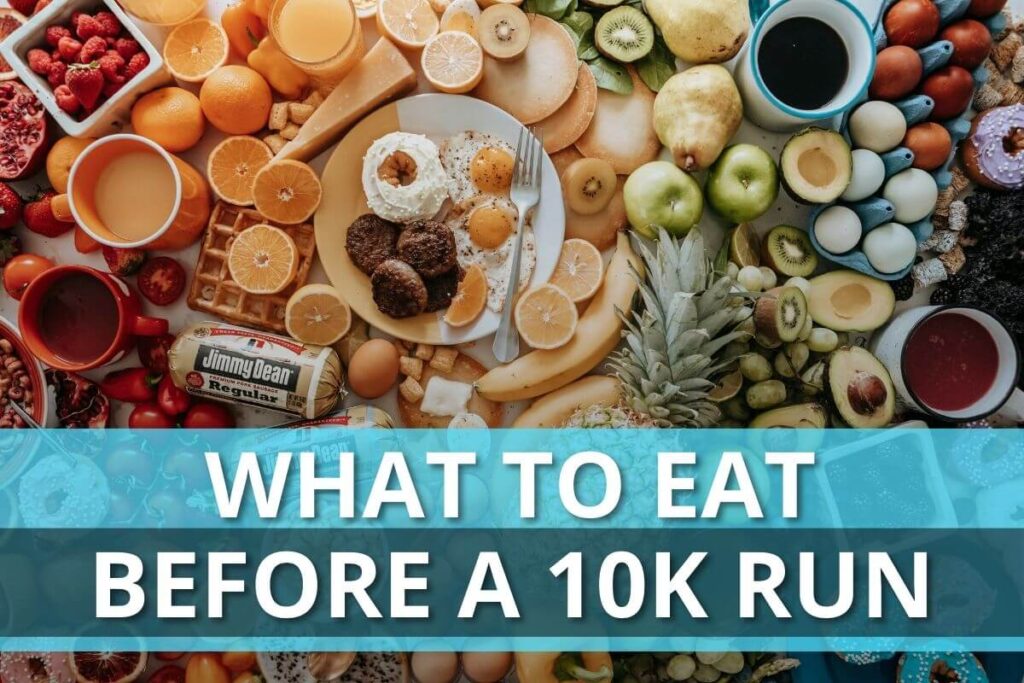
What To Eat Before A 10 Km Training Race?
So, you might be wondering what to eat before 10k race? Eating the right foods before a 10 km training race is essential to provide your body with the energy necessary for optimal performance. For runners, having the right mix of nutrients to boost performance and aid in recovery is especially vital.
3. Nutrients Runners Must Incorporate
Do you need clarification on different nutrient terms and their purposes? We’ve got you covered! Here is a quick overview of the essential nutrients you must look for in your diet.
1. Carbohydrates
Carbohydrates are the body’s primary energy source, especially during endurance activities like running. They are broken down into glucose, which fuels muscles and provides the energy needed to sustain performance. Bread, pasta, rice, quinoa, beans, and lentils are high in carbohydrates, so you must incorporate them during your preparation for the race. Runners should eat 2.7 to 4.5 grams of carbohydrate per pound of body weight.
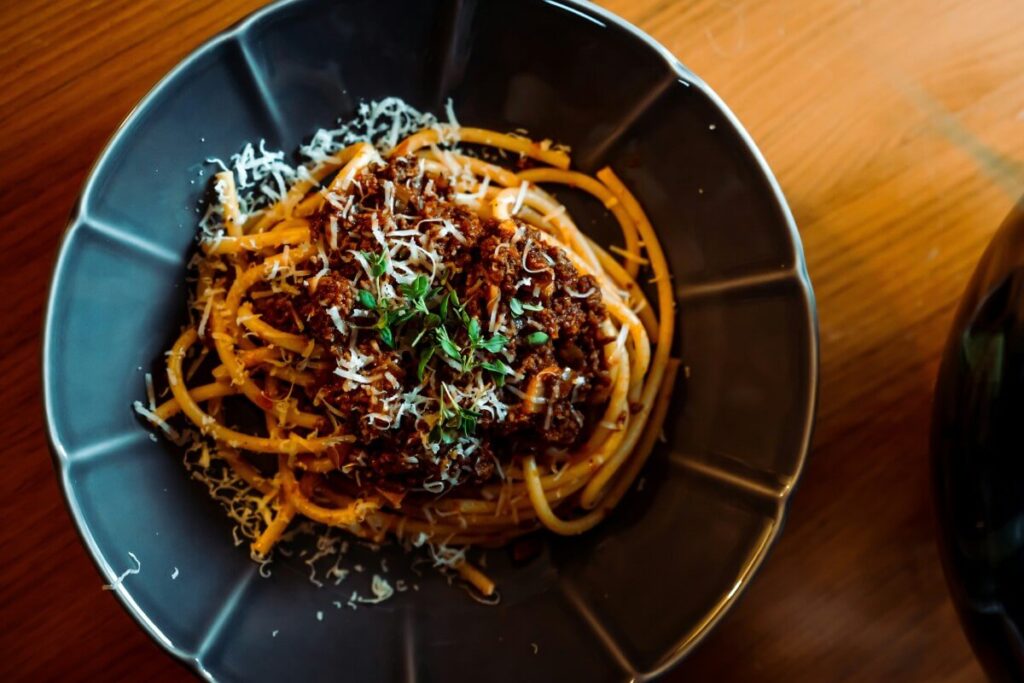
2. Protein
Protein is essential for muscle repair, growth, and maintenance. Muscle fibers can break down during intense training, and protein intake helps rebuild and strengthen them. It also aids in recovery after workouts by reducing muscle soreness and promoting overall muscle health.
Including lean meats, poultry, eggs, nuts, seeds, fish, soy, and tofu in your meals is an excellent way to increase your protein intake. The daily intake of protein for runners should be between 0.5 and 0.9 grams per pound.
3. Fats
Even though fats are a secondary energy source during exercise, they play a vital role in intense endurance activities. They provide a sustained energy supply and are essential for overall health, including supporting cell membranes, hormone production, and nutrient absorption.
You can find healthy fats in foods like avocado, olive oil, nuts, and ground flaxseed. Be careful with the amount of this macronutrient since only 20% to 30% of your total daily calories should come from fat; it’s about 0.45 grams of fats per pound of your body weight.
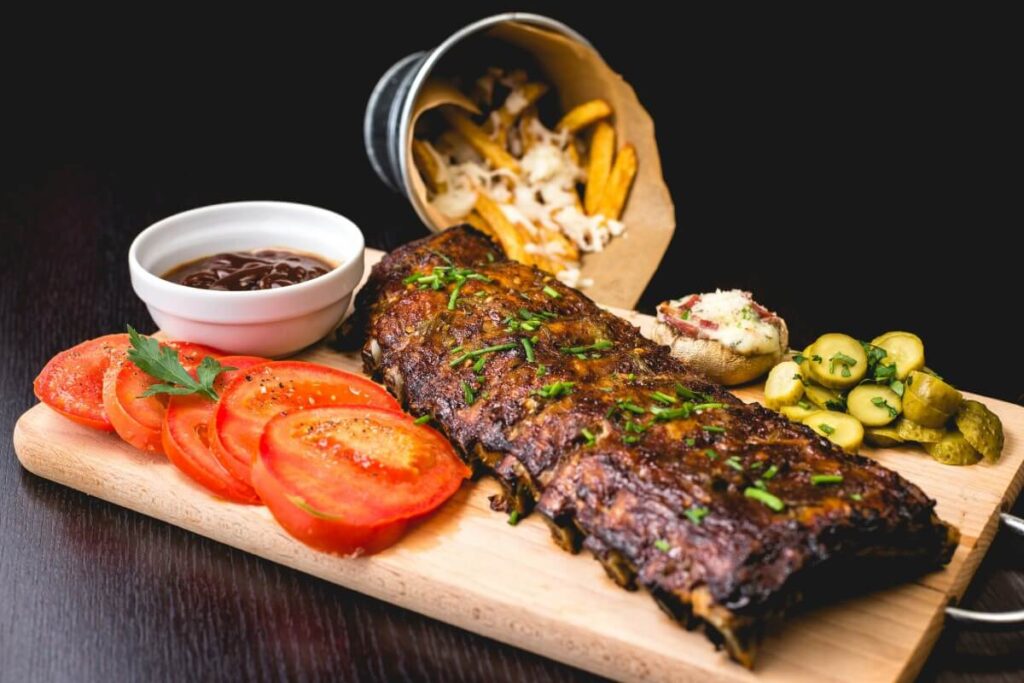
What To Eat Before A 10K Race?
Fueling your body before a 10 km race is like filling up a high-performance engine before a thrilling adventure. Just as a car needs the right fuel to run smoothly, your body requires proper nutrition to power through the race.
We’ve prepared this guide for you to help you prepare.
1. What To Eat A Few Days Before 10 Km Race?
In the days leading up to a 10 km race, your focus should be on maintaining energy levels, optimizing hydration, and supporting muscle recovery without drastically changing your diet.
Aim for a well-balanced mix of carbohydrates, protein, and healthy fats to do that. You should incorporate familiar foods that your body is used to. For example, opt for whole, nutrient-dense options to provide sustained energy.
Remember, these final days are about feeling your best and setting the stage for a successful race, so stick to what works for you and your body.
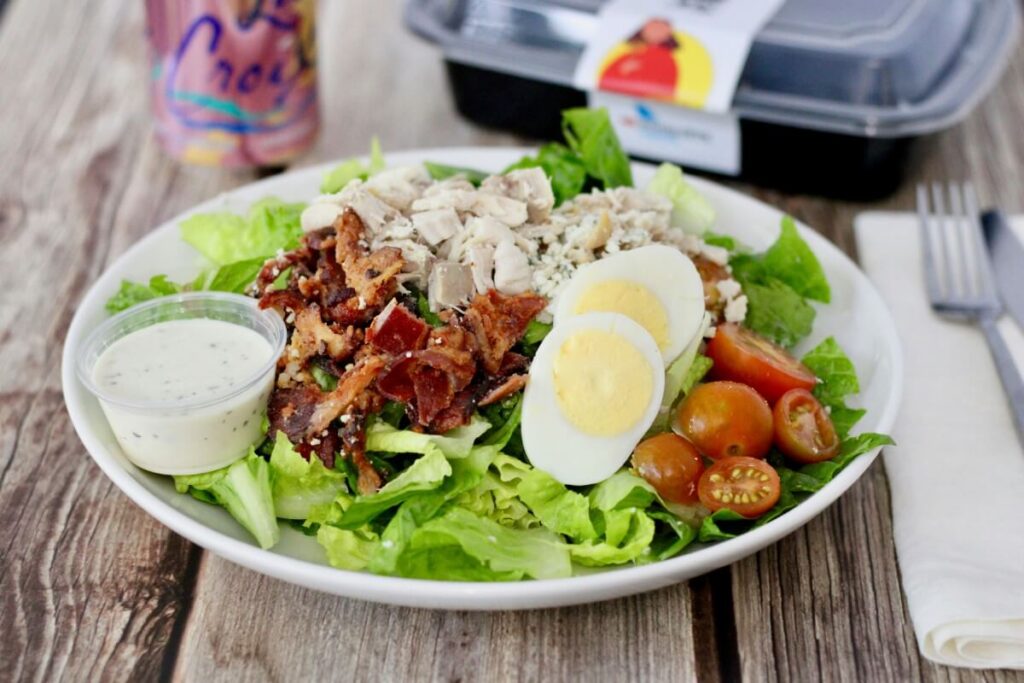
2. A Great Meal Plan That Will Give You All The Necessary Nutrients
The meal plan that you can see below is a good example of what you should eat a few days before the race. Everyone will have different portions depending on their weight. According to some studies, runners should aim to consume a daily amount of protein between 0.5 and 0.9 grams per pound of their body weight. That means a runner weighing 150 pounds needs between 75 and 135 grams of protein daily.
| Day | Description |
|---|---|
| Breakfast | Scrambled eggs with spinach and diced tomatoes, and a whole-grain toast |
| Morning snack | Greek yogurt with a handful of mixed berries and a sprinkle of granola |
| Lunch | Grilled chicken (or chickpea) salad with mixed greens, colorful bell peppers, cucumbers, and a light balsamic vinaigrette |
| Afternoon snack | Cottage cheese with sliced peaches or pineapple |
| Dinner | Baked fish (like cod or tilapia) with roasted sweet potatoes and steamed broccoli. On the side, quinoa or brown rice |
3. What To Eat The Day Before A 10K Race?
One of the runners’ most significant mistakes is to eat more before the race. To avoid that misconception, follow this guideline on what to eat the day before a 10K:
| Day | Description |
|---|---|
| Morning | Oatmeal with fruit and a sprinkle of nuts, a smoothie with banana, Greek yogurt, and a scoop of protein powder, or whole-grain toast with scrambled eggs and avocado |
| Lunch | Grilled chicken or tofu with quinoa and a variety of colorful vegetables, a turkey and avocado wrap with a whole-grain tortilla, or a large salad with mixed greens, chickpeas, and a light dressing |
| Evening snack | A small serving of fresh fruit (like a banana or apple), a granola bar, or a handful of pretzels |
4. What To Eat The Night Before A 10K Race?
If you’re thinking about how to prepare for a 10K run the night before, the answer is simple: a proper dinner. The night before, you should consume a meal that provides sustained energy, supports your race performance, and minimizes the risk of digestive discomfort. For your dinner before a race, incorporate the following:
- Lean protein for muscle support and repair. Options include grilled chicken, turkey, tofu, tempeh, or fish.
- Complex carbohydrates replenish glycogen stores in your muscles and provide lasting energy. Choose whole grains like brown rice, quinoa, or whole wheat pasta.
- Vegetables for vitamins, minerals, and fiber. These include steamed broccoli, sautéed spinach, mixed peppers, or a side salad.
A small amount of healthy fats for satiety and overall nutrition. This could be from sources like olive oil, avocado, or nuts.
5. Example Of A Balanced Dinner
- Grilled chicken or tofu with a quinoa and mixed vegetable stir-fry.
- A side salad with mixed greens, tomatoes, cucumbers, and a light vinaigrette.
- A small serving of sautéed spinach with garlic.
- A slice of whole-grain bread with a drizzle of olive oil.
- Hydration: Water or herbal tea.
To ensure your race goes well, avoid overeating and trying new foods your body isn’t used to.
Pro Tip
The color of your urine indicates whether you’re adequately hydrated or need to increase your fluid intake. If your urine is a darker yellow, it might indicate mild dehydration. In that case, hydrate your body and aim for a pale yellow to light straw color. Avoid alcohol during your training, especially the night before a race. Alcohol is a diuretic, which can lead to dehydration by increasing urine production and electrolyte loss.
Running Coach Nike Run Club Kyiv
What To Eat The Morning Of A 10K Run?
Eating a high-carbohydrate meal 2-4 hours before constant pace exercise can improve endurance capacity (time to exhaustion)”. So, it would be best to incorporate oats, whole grain bread, cereal, granola, or waffles into your pre-race meal.
For those who have experience running 10K races and want to beat their personal best time, including caffeine in their pre-race preparation may be beneficial. A cup of coffee, or approximately 150mg of caffeine, during breakfast, is the correct dose if you regularly consume it. If you’re not a caffeine user or more sensitive to caffeine than others, don’t experiment with it on race day.
1. What To Eat Before The 10K Race
Your meal before the run consisit of complex carbohydrates that will provide you with enough energy and also some proteins. Also, do not forget about water, but do not drink too mucg before the race.
| Day | Description |
|---|---|
| Complex carbohydrates | From sources like whole-grain toast, oatmeal, or a banana |
| Protein | Options include Greek yogurt, a small portion of scrambled eggs, or a plant-based protein source like tofu |
| Hydration | Drink water to ensure you’re well-hydrated but avoid overdrinking |
2. What To Eat Before Running A 10K: 3 Meal Options
Option 1: Whole-grain toast with peanut butter and banana.
Option 2: Oatmeal with berries, almonds, and Greek yogurt.
Option 3: Energizing smoothie with a few whole-grain crackers on the side.
Drinking And Eating During The 10K
Staying hydrated throughout the race is essential. To ensure you’re well-hydrated from the very beginning, start drinking water a few hours before. During the race, aim to take small sips of water or a sports drink, usually placed at regular intervals along the course. It’s important not to overdrink, as this can lead to discomfort. Listen to your body’s thirst cues and adjust your intake.
Before a longer race, endurance athletes increase their liver and muscle glycogen stores by carbohydrate loading, also known as carb-loading. It’s often employed before or after marathons and might be less critical for a 10K race.
However, some runners do carbohydrate loading even during a 10K run. That way, they ensure the glycogen stores are adequately filled, which can contribute to better energy levels and overall race performance.
1. Timing
When it comes to both hydration and nutrition, timing is equally important. Avoid trying anything new, and stick to the strategies and products you’ve tested during your training runs.
Plan and know where the hydration stations are along the course so that you can adjust your system accordingly. As a general guideline, aim to take a sip of fluid every 15-20 minutes during the race and consider consuming energy products around the halfway point if needed.
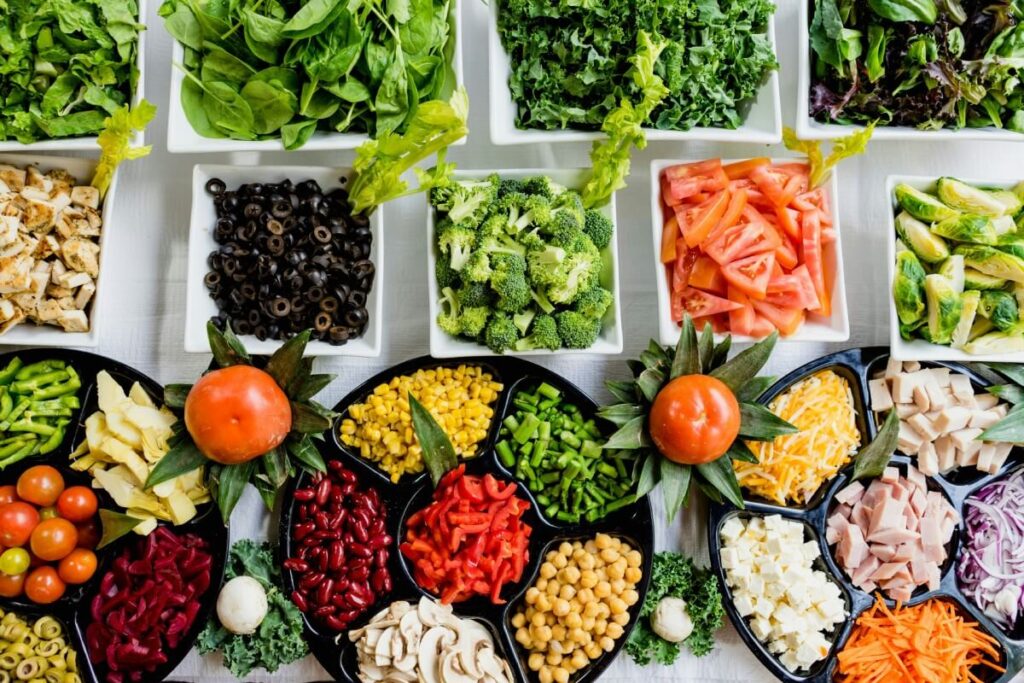
4 Nutrition Recommendations
If you choose to eat during your race, here are some great options:
- Energy gels are convenient and provide a concentrated source of carbohydrates. Consume them with water to aid absorption. Aim to take one gel around the halfway point of the race.
- Chews, or gummies, are small, chewable snacks providing carbohydrates. They can be easily carried and consumed on the go.
- Dried fruits like raisins, dates, or other dried fruits are natural sources of carbohydrates, too, that you can easily carry in a pocket or pouch.
- Homemade snacks like rice cakes, energy balls, or even small sandwiches made with whole-grain bread and a simple filling like honey or nut butter.
4 Recommendations For Drinking
Various sports drinks are available to provide hydration and energy during physical activities like running. Here are a few common types of sports drinks:
- Isotonic sports drinks have a similar concentration of sugars and electrolytes as your body’s fluids. They are quickly absorbed and provide a source of carbohydrates and electrolytes to help maintain energy levels and hydration. These drinks are suitable for moderate- to high-intensity activities lasting around an hour or less.
- Electrolyte tablets or powders can be added to water to create a personalized sports drink. They contain electrolytes to help replace the minerals lost through sweating.
- If you’re looking to reduce your calorie or control your sugar intake, low-calorie or sugar-free sports drink options are available. These can suit athletes who want hydration without additional calories or sugars.
- Some runners prefer to make their own sports drinks using natural ingredients like coconut water, a pinch of salt, and a source of natural sweeteners.
When choosing a sports drink, please read the label to understand its carbohydrate and electrolyte content. It’s also essential to test different brands and flavors during your training runs to find what works best for you regarding taste, digestion, and energy support. Remember that even though sports drinks can be helpful, water is still an excellent choice for staying hydrated during shorter activities.
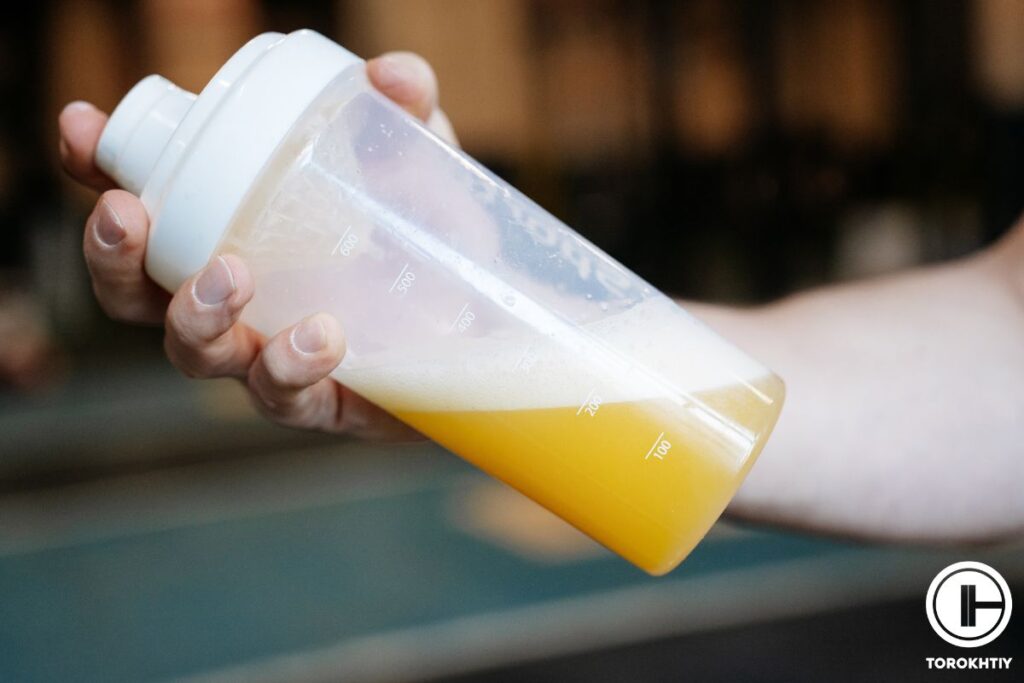
What To Eat After A 10 Km Race?
Once you have finished a 10 km race, it’s important to replenish your body for recovery properly. The first step is to focus on rehydration by drinking water or a sports drink to replace lost fluids and electrolytes. This will help your body regain its balance and energy levels.
1. Nutrition Recommendations
It is important to provide your body with carbohydrates for proper nourishment. Opt for easily digestible choices such as fruits, whole grains, or energy bars. Also, pay attention to protein. Just like before the race, include lean sources like chicken, yogurt, or beans to support muscle repair. By balancing carbs and protein, you can enhance recovery.
Good choices for snacks after running are energy bars, protein shakes, fresh fruit smoothies, and a piece of bread with nut butter.
If you feel more hungry and want an entire meal, here is some inspiration:
- Salmon with stir-fried vegetables and rice;
- Tuna steak with boiled potatoes and greens;
- Chicken fajitas with peppers and onions.
Not only what you eat but also when you eat matters. Aiming for a post-race meal or snack within a couple of hours is advisable. Even though your appetite might be suppressed, a gradual intake will jumpstart recovery.
PROMIX Electrolyte Drink Mix
Sugar-free refreshment aids in reducing cramps and headaches while supporting energy levels during workouts and fasting—redefining your performance fuel.
Positives:
Could be better:
2. Drinking Recommendations
After finishing your run, especially on a hot summer day, you can add rehydration salts to your water to balance fluids and electrolytes in your body.
An even easier option is to drink store-bought sports drinks. Electrolyte-replenishing drinks are specifically designed to replace the electrolytes lost through sweating. Brands like Gatorade, Powerade, and Pedialyte Sport offer products with a balanced mix of electrolytes and fluids.
A more natural option for a beverage after running is coconut water. It is a good source of electrolytes, particularly potassium, which contributes to overall muscle recovery.
And, of course, the ultimate winner for post-run hydration is water. Even though it may sound simple, plain water is fantastic for replacing fluid after a run.
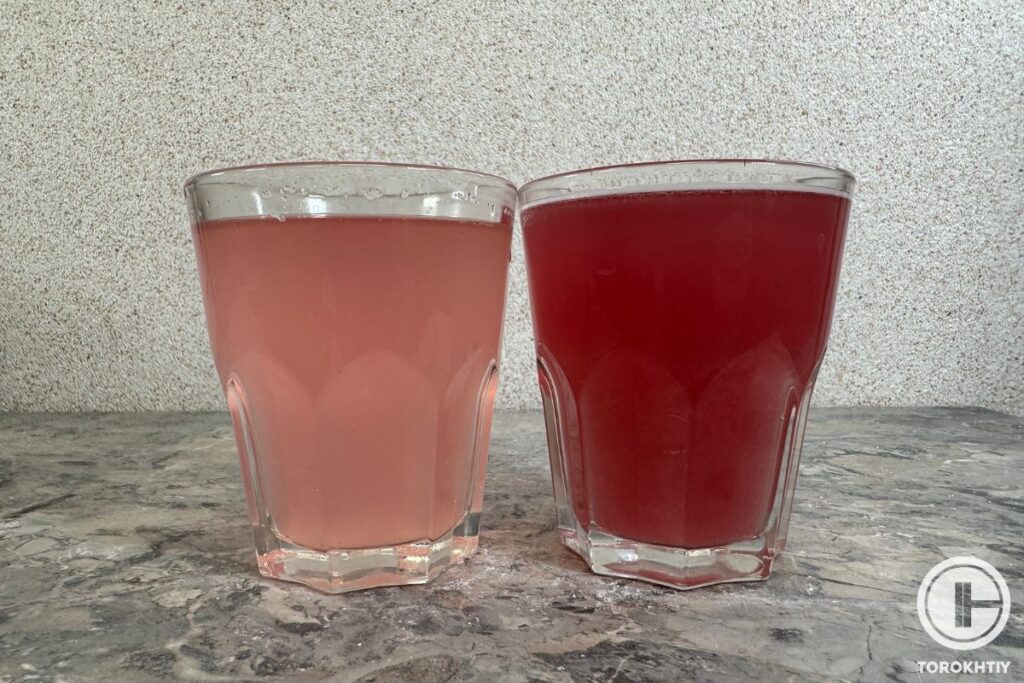
What Should Runners Not Eat Before A 10K Run?
Imagine feeling stomach cramps and sluggishness during your race. No one wants that, right? Here is what you should only eat after your run to ensure you don’t experience those feelings.
- Foods high in fat can take longer to digest and may lead to discomfort during the race.
- Spicy foods can irritate the digestive system and lead to heartburn or discomfort during the race.
- Fiber is generally good for digestion, but you shouldn’t consume it too much before a race because it can cause gastrointestinal issues. So, avoid foods like beans, lentils, broccoli, and raw vegetables that can cause gas or bloating.
- Dairy products can lead to digestive discomfort.
Foods high in refined sugars can cause rapid energy spikes followed by crashes.
FAQ
Is It Best To Run On An Empty Stomach?
For new and hobby runners looking to enhance their performance, working out on an empty stomach is not advisable. The absence of glycogen severely limits the duration and intensity of training. Also, even as a professional runner, you should only do intense runs with a pre-workout meal.
Is It Possible To Run 10k Without Training?
Indeed, it relies on your current fitness level and whether you have a history of running or training. However, it’s still possible to run 10k without training, but not advisable. People without training are at significantly higher risk of injuries and discomfort.
conclusion
As you push yourself towards completing a 10K run, remember that what you eat is equally important as your training. You must fuel your body with a balanced blend of carbohydrates and protein and ensure you’re well-hydrated to optimize performance. Prioritize easily digestible foods on race day, and avoid heavy or unfamiliar options that could hinder your stride.
We’d love to hear your thoughts and questions about this topic! Let’s tackle any obstacles that may arise together and complete 10K races. Please share below!
References:
- How Much Fat Should Runners Eat Per Day? // Runner’s World: https://www.runnersworld.com/nutrition-weight-loss/a34466504/how-much-fat-per-day-for-runners/
- Protein intake for athletes // MSU Extension: https://www.canr.msu.edu/news/protein_intake_for_athletes
- Alcohol and its effects on sprint and middle distance running. // BJSM: https://bjsm.bmj.com/content/20/2/56.abstract
- DOES A HIGH-CARBOHYDRATE BREAKFAST IMPROVE PERFORMANCE? // ResearchGate: https://www.researchgate.net/profile/Clyde-Williams/publication/242411847_DOES_A_HIGH-CARBOHYDRATE_BREAKFAST_IMPROVE_PERFORMANCE/links/544662380cf22b3c14de1f19/DOES-A-HIGH-CARBOHYDRATE-BREAKFAST-IMPROVE-PERFORMANCE.pdf
- Physiological responses to caffeine during endurance running in habitual caffeine users. // Europe PMC: https://europepmc.org/article/med/2674593
- Fueling strategies for distance runners // Mayo Clinic Health System: https://www.mayoclinichealthsystem.org/hometown-health/speaking-of-health/fueling-strategies-for-distance-runners
- Protein Requirements Are Elevated in Endurance Athletes after Exercise as Determined by the Indicator Amino Acid Oxidation Method // NCBI: https://pubmed.ncbi.nlm.nih.gov/27322029/
- Photo by Emanuel Ekström, Jimmy Dean, Dan Gold, Alexandru-Bogdan Ghita, logan jeffrey, Unsplash, photos by Torokhtiy Media Team
Why Trust Us?
With over 20 years in Olympic Weightlifting, our team does its best to provide the audience with ultimate support and meet the needs and requirements of advanced athletes and professional lifters, as well as people who strive to open new opportunities and develop their physical capabilities with us.
By trusting the recommendations of our certified experts in coaching, nutrition, dietology, and sports training programming, as well as scientific consultants, and physiotherapists, we provide you with thorough, well-considered, and scientifically proven content. All the information given in the articles concerning workout programming, separate exercises, and athletic performance, in general, is based on verified data. We ensure that you can rely on our professionals’ pieces of advice and recommendations that can be treated as personalized ones which will benefit you and fully meet your needs.
The product testing process is described in more detail here
Oleksandr is a running coach and member of the Nike Run Club coaching team for 8 years. A participant in national and international competitions at distances from one kilometer to the ultra trail. Owner of mountain trail running camps. Nowadays Oleksandr is responsible for creating running training programs for athletes of various levels, coaching personally offline and online, conducts trail running camps in the mountains, participates in competitions.


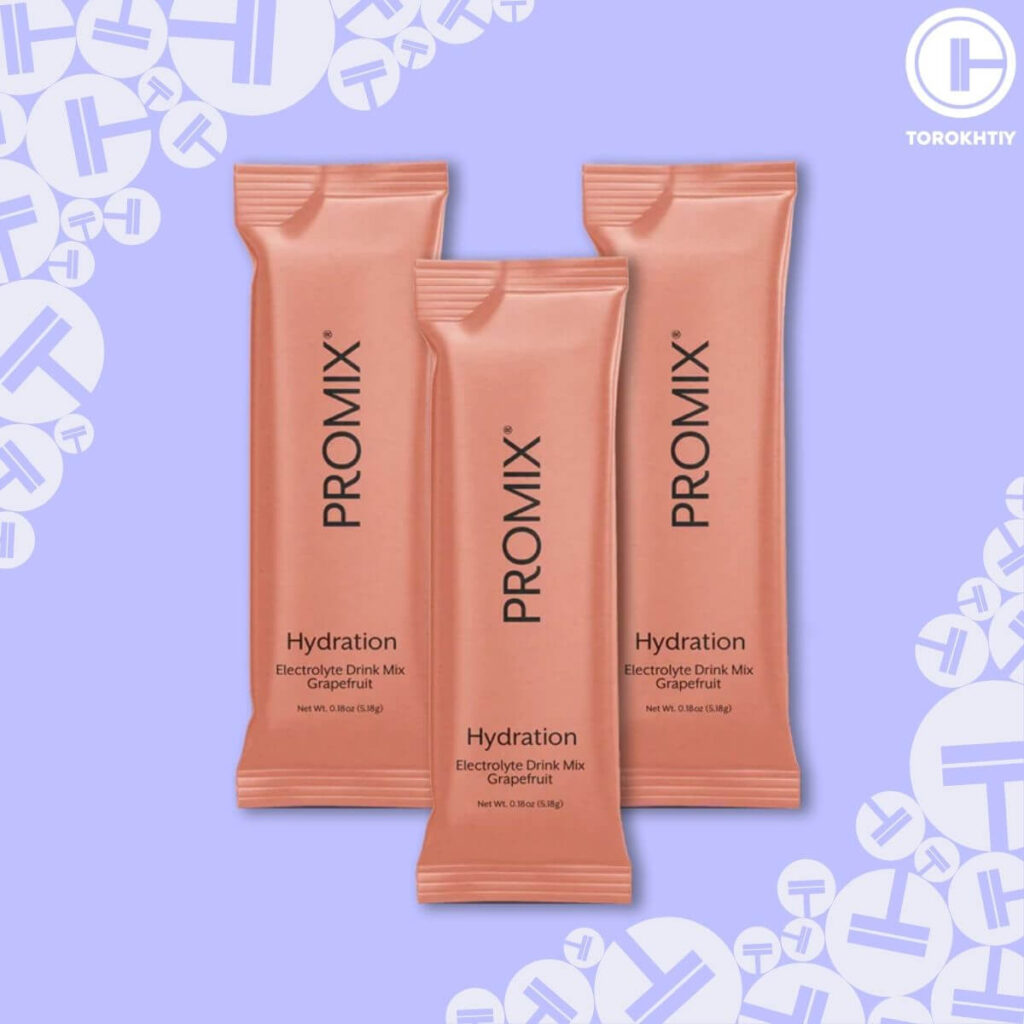
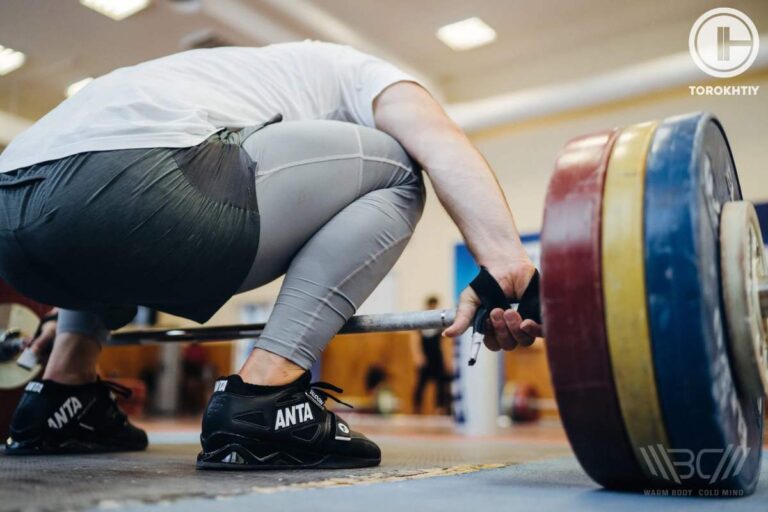
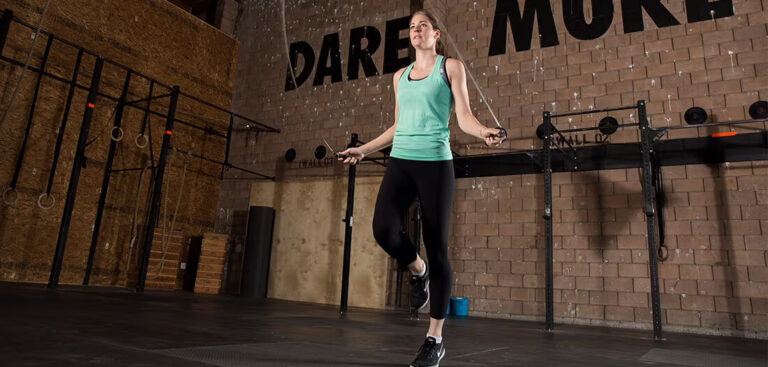

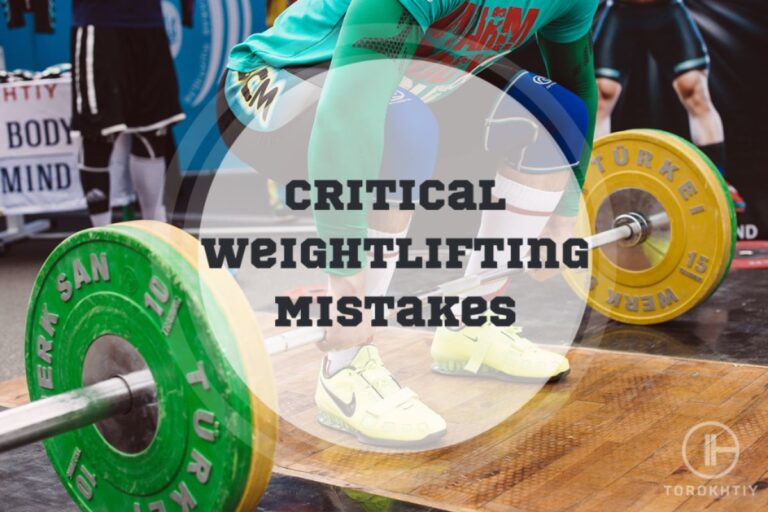
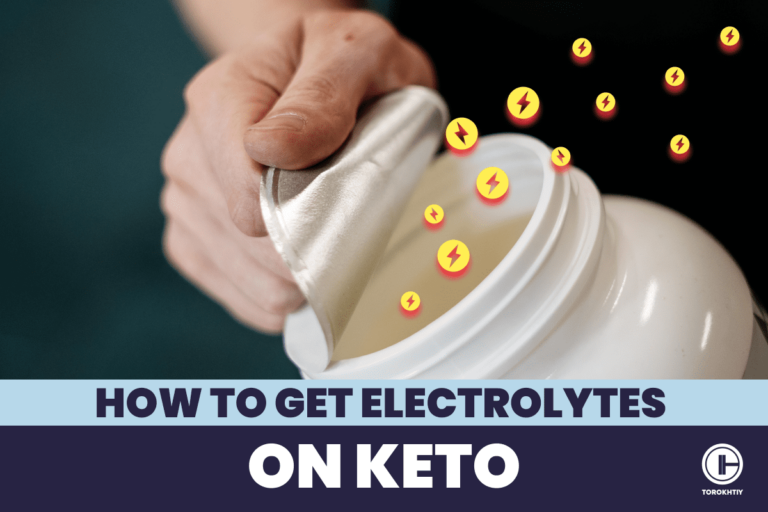

Still have questions after reading our article? Unlock your full potential by engaging with our experts and community! Don’t hesitate — leave a comment below and Oleksandr Zagrebelnyi will provide a personalized answer and insights to help you reach your goals.